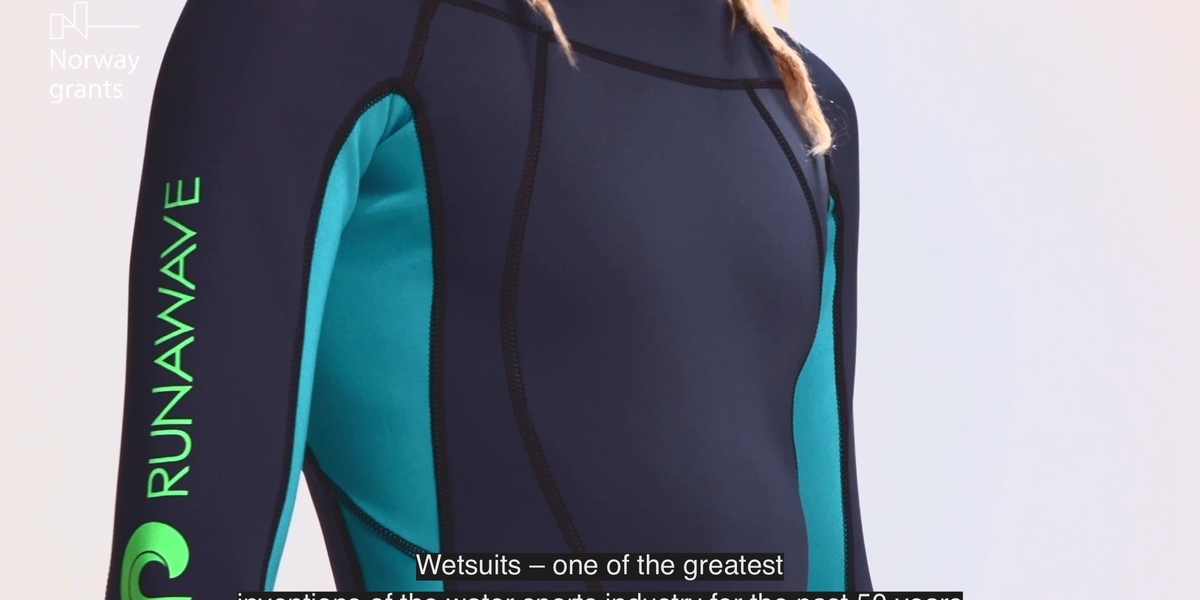28-03-2023 09:46
The small Bulgarian company, WavErest, located in the small village of Smilyan, is one of few companies in the Balkans specialised in neoprene apparel for water sports. Together with Norwegian partner Pivot Industridesign, WavEst has developed a new way to recycle laminated neoprene foam into new materials and products.
Launching RAW
Currently, more than 95% of the globally produced wetsuits are non-biodegradable and chemical-based. They end up in landfills at the end of their lifecycle. By recycling wetsuits, WavErest aim to solve this challenge.
WavErest Ltd. is a small company specialized in the production of neoprene apparel for water sports and fashion products with its own brand “Runawave”. The company is also an Original Equipment Manufacturer (OEM) for more than 30 international brands.
The objective of the project is to increase the company's competitiveness through a better use of the neoprene waste generated at the company and maintaining the economic value of the products, materials and resources. The company will invest in an innovative technology for neoprene recycling and launching of new brand “RAW” consisting of products from recycled material ( yoga mats, cup pads, flooring pads, etc. ). The project is supported by Norway through the Norway Grants Programme on Business Development, Innovation and SMEs in Bulgaria.
Wetsuits for water sports turned into yoga mats
The Norwegian partner in the project, Pivot Industridesign AS, was involved in know-how transfer and expertise while assessing the recycled material features, the industrial design of yoga mats, which is part of the RAW brand. The two companies also cooperated in an exploratory industrial design of two more items, suitable for manufacturing from recycled neoprene.
The assumption is that more than 15 tons of neoprene waste will be collected and recycled during the first two years of the project implementation, leading to approximately 34,500 CO2 per year not emitted. The amount of processed neoprene waste will gradually increase in the subsequent years to 40 tons and save up to approximately 92,000 CO2 emissions each year.
Innovative recycling
After a series of independent analyses, data collections and tests in the last couple of years, WavErest found a way to recycle laminated neoprene foam into new material. At present, the feasibility of the process has been proven, and a prototype of the final product has been developed. According to the results obtained, the material performs excellently in terms of key qualities, e.g. strength, flexibility, sponginess and traction and is indistinguishable from a virgin neoprene.
Following its strategy to increase production capacity, improve processes, develop new products, and minimise the negative environmental footprint from production, the company invested in a new production line to recycle the neoprene waste and produce recycled neoprene products.




